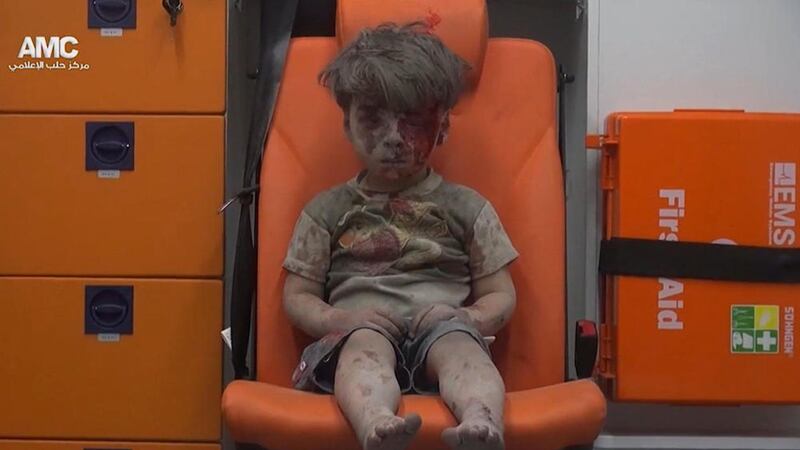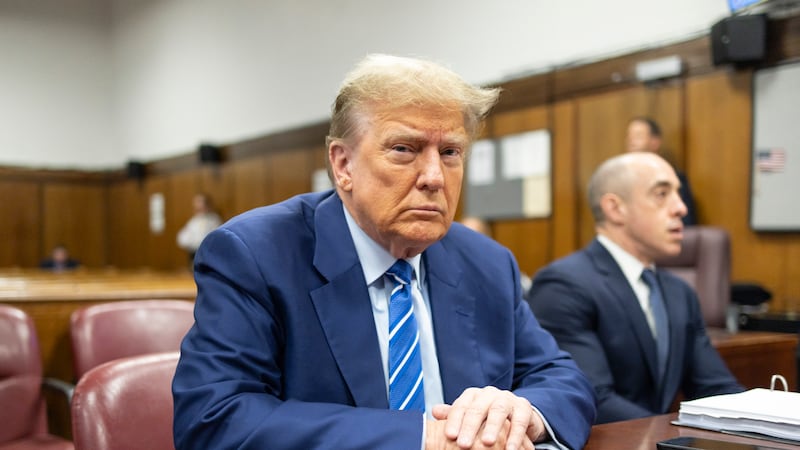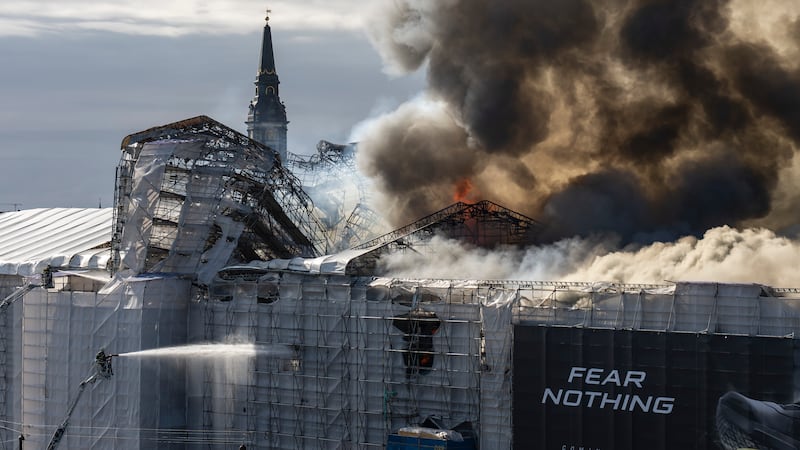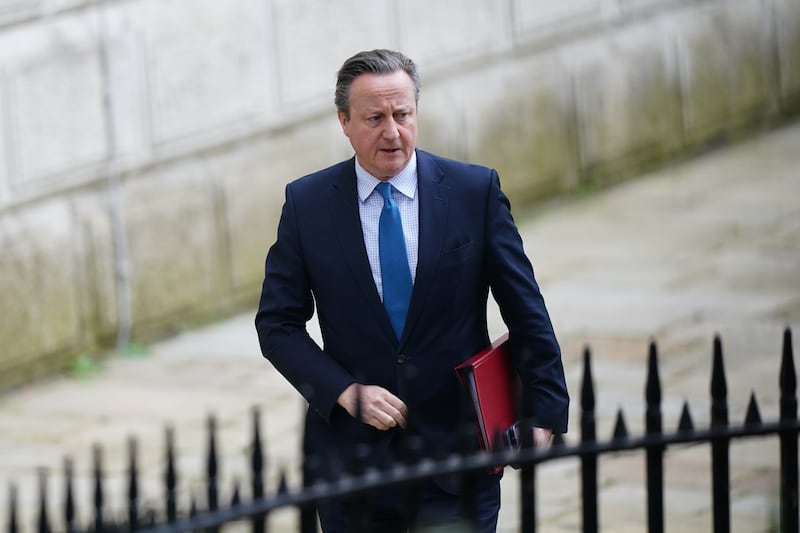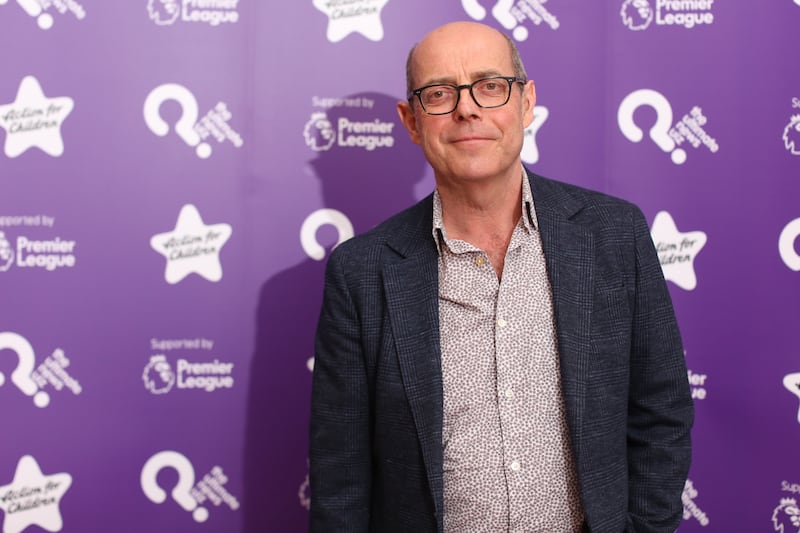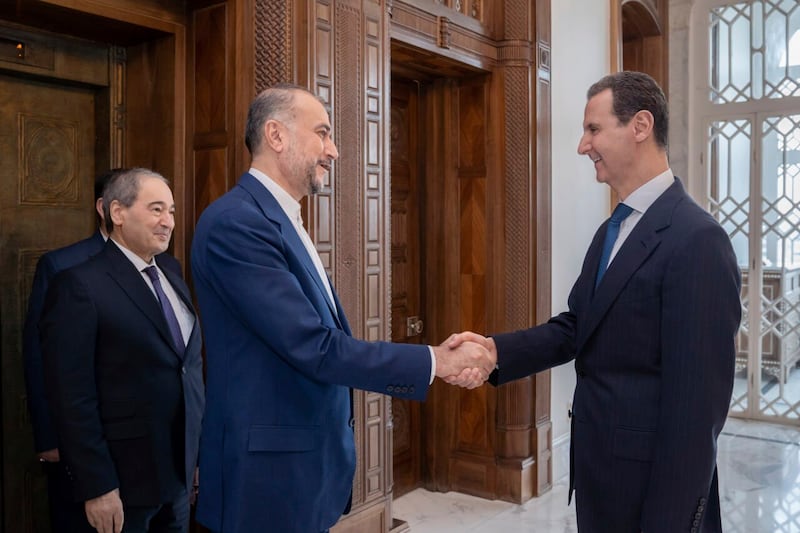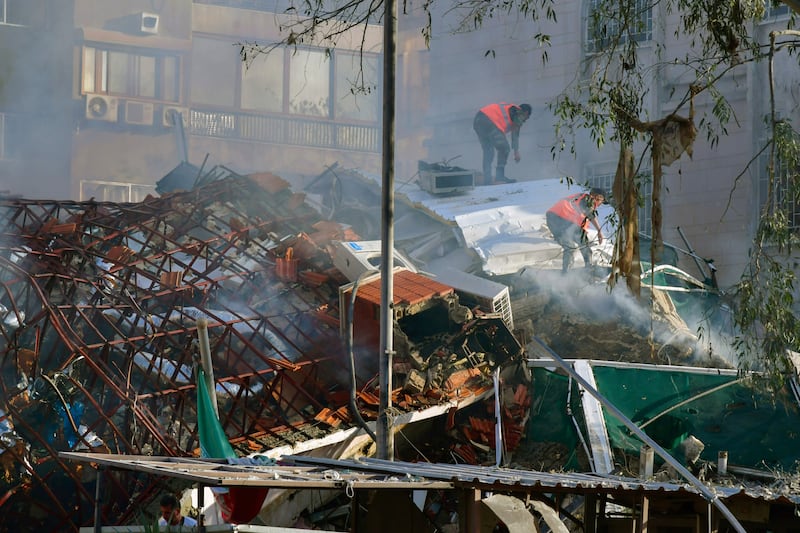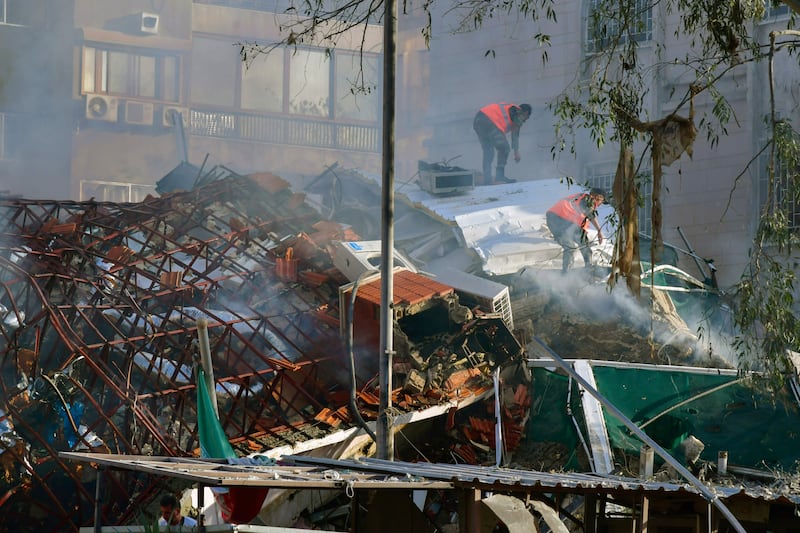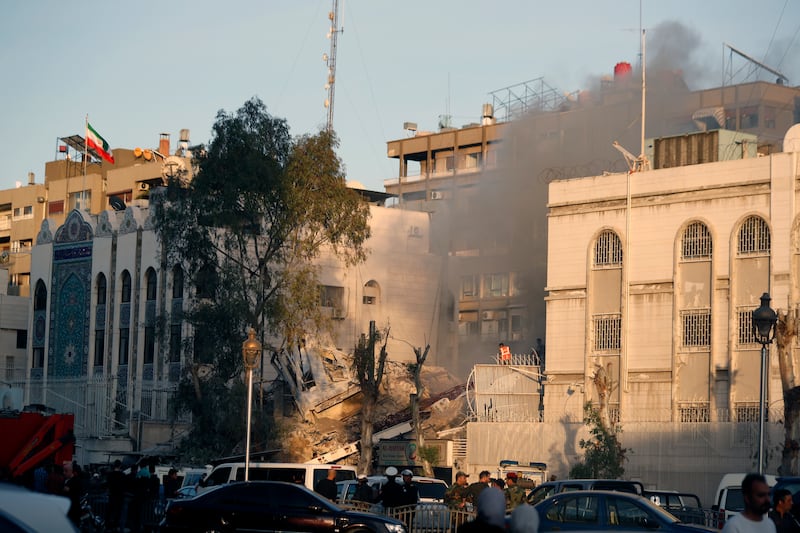A SYRIAN activist group that tracks the country's civil war said that more than 300,000 people have been killed so far in the conflict.
The Britain-based Syrian Observatory for Human Rights said on Tuesday that the dead include 59,000 government troops and more than 86,000 civilians.
The rest include rebels, foreign fighters, Hezbollah militants, defectors from the Syrian army and others.
The Observatory says its records show that since the crisis began in March 2011 and until a truce went into effect this week, 301,781 people have been killed in Syria.
The group says the real death toll could be 70,000 higher since many insurgent groups do not announce their deaths and because there are other deaths that are not documented.
The latest death toll figure from the UN, which stopped tracking casualties in 2015, had said that 250,000 have been killed in Syria.
Meanwhile, the ceasefire in Syria appears to be holding since coming into effect on Monday night, despite sporadic violations, according to Syrian opposition activists and monitoring groups.
Rami Abdurrahman from the Syrian Observatory for Human Rights says "calm is prevailing" in most of the country on Tuesday, although there were minor violations in central Hama province.
Another activist group, the Local Co-ordination Committees, reported some shelling in Aleppo and the southern region of Quneitra, while state media said there were "breaches" of the truce by rebels in the contested city of Aleppo.
Ahmad al-Masalmeh, an opposition activist in the southern province of Daraa, where Syria's crisis began in 2011, said the region was also calm.
The week-long ceasefire brokered by the US and Russia started at sunset on Monday.
It came as the UN humanitarian aid coordinator said the aid agency needs to make sure its staff and partners "are not in mortal danger" before starting convoys into parts of Syria.
OCHA spokesman Jens Laerke said humanitarian aid teams are ready to move into areas such as the troubled northern city of Aleppo.
He said the agency needs "peace to be reinstated before we can go in".
Mr Laerke told reporters in Geneva on Tuesday that he did not know who would make the final assessment when conditions were safe enough for deliveries to resume.
He said no deliveries had been made since the ceasefire.
The deal is expected to pave the way for UN-led aid convoys to resume.
Turkey's state-run news agency says 20 UN trucks left Turkey to deliver humanitarian aid to the war-torn Syrian city of Aleppo.
The Anadolu agency said the trucks left around noon on Tuesday from the Cilvegozu border gate in the southern province of Hatay.
A total of 40 trucks are expected to cross the border by the end of the day.
On Monday, Turkish President Recep Tayyip Erdogan had said that "food, clothing and children's toys" were to be delivered by the United Nations as well as the Turkish Red Crescent through corridors opened up by the ceasefire.
Meanwhile, Turkey's foreign minister has accused the Syrian government of not abiding by the ceasefire.
Mevlut Cavusoglu told reporters in the coastal city of Antalya on Tuesday the Syrian government broke the ceasefire immediately after it came into effect the previous evening.
Mr Cavusoglu says he hopes all parties will work to make the ceasefire permanent and that efforts "cannot be one-sided".
Turkey's military said earlier in the day that it shelled two targets inside Syria after a mortar round fell inside Turkey, minutes after a ceasefire came into effect.
It said the mortar round was fired from Syrian government-controlled territory.
Mr Cavusoglu stressed that Turkey will work to bring peace to Syria, but will also continue fighting the Islamic State group and Syrian Kurdish rebels it sees as a threat.
